Description
Home Is Not a Country
“Artfully profound and achingly beautiful, Elhillo’s verse aptly explores diasporic yearning for one’s home and a universal fascination with possibilities.” —Publishers Weekly, starred review
“Nothing short of magic.” One of the best writers of our time —Elizabeth Acevedo, New York Times bestselling author of The Poet X
“Home Is Not A Country” by Safia Elhillo unfolds as a poignant exploration of family ties, personal identity, and the journey of self-discovery that often leads to the most surprising revelations. The narrative centers around Nima, a young girl caught in the crossfire of cultural expectations and her sense of belonging. She feels a profound disconnect from her mother, who carries the weight of her past from a distant homeland, and from her suburban surroundings, which amplify her feelings of alienation.
In this environment, Nima struggles to find her place, feeling neither fully accepted nor entirely excluded, which leaves her in a liminal space of uncertainty and longing. This duality of experience is emblematic of the immigrant experience, where the pull of heritage clashes with the push of assimilation, creating a complex tapestry of emotions that Nima must navigate.
Her mother’s stories of a homeland she has never known serve as both a connection and a barrier, deepening Nima’s sense of isolation as she grapples with the expectations placed upon her by her family and society. The suburban landscape, with its uniformity and apparent normalcy, only heightens her feelings of being an outsider, as she yearns for a sense of belonging that seems perpetually out of reach.
Amidst this turmoil, Nima finds solace in her friendship with Haitham, a bond that allows her to shed the masks she wears in public. Their connection becomes a refuge, a space where she can express her true self without the weight of cultural expectations. However, as life takes an unexpected turn, the foundation of their friendship begins to shift, leaving Nima feeling more isolated than ever.
The narrative delves into her internal conflict as she confronts the specter of an alternate identity—Yasmeen, the name her parents chose not to give her. This name represents a life that could have been, a path not taken, and as Nima grapples with this haunting possibility, she begins to question the very essence of who she is and what it means to truly belong. The exploration of
Yasmeen serves as a powerful metaphor for the choices that define us and the identities we construct in response to our circumstances. Nima’s struggle with this alternate self highlights the complexities of identity formation, particularly for those straddling multiple cultures, and the emotional turmoil that accompanies the search for self-acceptance.
As the story unfolds, Nima’s journey becomes one of fierce self-advocacy and resilience. The struggle for her identity means to belong. The exploration of her alternate identity serves as a powerful metaphor for the choices that shape our lives and the identities we construct in response to our environments. Nima’s journey becomes a quest not only for self-acceptance but also for understanding the multifaceted nature of identity itself.
As Nima navigates her feelings of disconnection, she is forced to confront the complexities of her heritage. The stories her mother shares about their homeland are imbued with nostalgia and longing, yet they also highlight the chasm between Nima’s lived experience and her mother’s memories. This dissonance creates a tension that Nima must reconcile; she yearns to connect with her roots while simultaneously feeling the weight of expectations that come with them. The name Yasmeen symbolizes the life her parents envisioned for her, one that is steeped in cultural significance and familial pride, yet it also represents the pressure to conform to a narrative that feels foreign to her.
The suburban setting, with its cookie-cutter houses and predictable routines, serves as a stark backdrop to Nima’s internal struggles. It amplifies her feelings of being an outsider, as she observes her peers effortlessly fitting into a mold that seems unattainable to her. The uniformity of her surroundings contrasts sharply with the vibrant, chaotic beauty of her mother’s stories, leaving Nima caught in a liminal space where she feels neither here nor there. This sense of displacement is further exacerbated by the societal expectations that dictate how she should behave, dress, and identify, creating a cacophony of voices that drown out her own.
In her friendship with Haitham, Nima discovers a sanctuary where she can momentarily escape the pressures of her dual existence. Their bond allows her to explore her identity in a way that feels authentic, free from the constraints of cultural expectations. However, as their friendship evolves, Nima is faced with the reality that even the most cherished connections can shift and change, leaving her grappling with feelings of abandonment and loss. This evolution forces her to confront the fragility of her sense of self and the importance of forging her path.
As the narrative unfolds, Nima’s journey of self-discovery becomes increasingly intertwined with her understanding of family, culture, and belonging. The exploration of her alternate identity, Yasmeen, catalyzes her growth, prompting her to reflect on the choices that define her and the narratives she wishes to embrace. Ultimately, “Home Is Not A Country” is a profound meditation on the complexities of identity, the immigrant experience, and change, reflecting the fluid nature of identity itself.
Haitham, who also grapples with his sense of belonging, becomes a mirror for Nima, reflecting both her struggles and her aspirations. Their conversations delve into the nuances of their backgrounds, revealing shared experiences of feeling like outsiders in their own lives. This mutual understanding fosters a deep connection, allowing Nima to explore aspects of herself that she had previously suppressed.
As Nima and Haitham navigate the complexities of their friendship, they encounter moments of joy and laughter, but also instances of misunderstanding and conflict. These challenges force Nima to confront her own biases and assumptions about identity, pushing her to question what it truly means to belong. Is it about adhering to cultural norms, or is it about finding a space where one can be unapologetically themselves? Through their interactions, Nima learns that identity is not a fixed entity but rather a dynamic interplay of experiences, relationships, and choices.
The turning point in Nima’s journey comes when she is faced with a pivotal decision that tests her loyalty to her heritage and her desire for self-expression. A cultural event is approaching, one that her mother insists she attends, dressed in traditional attire that symbolizes their family’s history. Nima feels the weight of expectation pressing down on her, torn between honoring her family’s traditions and embracing her own evolving identity. In this moment of crisis, she realizes that her identity is not solely defined by her heritage or the expectations of others, but by her own choices and the courage to assert her individuality.
Ultimately, Nima’s exploration of her alternate identity leads her to a profound realization: belonging is not about fitting into a predetermined mold, but about creating a space where she can authentically express herself. This epiphany empowers her to embrace the complexities of her identity, recognizing that it is a tapestry woven from her experiences, relationships, and the rich narratives of her heritage. As she steps into her narrative, Nima learns to celebrate the duality of her existence, finding strength in the very differences that once made her feel like an outsider.
In the end, Nima’s journey is not just about reconciling her past with her present; it is about forging a future where she can honor her roots while also carving out her path. The name Yasmeen, once a symbol of expectation, transforms into a representation of her resilience and growth. Nima emerges from her exploration not only as a young woman who understands the multifaceted nature of identity but also as someone who has learned to embrace it.
Safia Elhillo
Safia Elhillo is a celebrated poet whose work has made a significant impact on contemporary literature, particularly through her acclaimed collection, *The January Children*. This collection not only earned her the prestigious Sillerman First Book Prize for African Poets in 2016 but also the Arab American Book Award in 2018, marking her as a prominent voice in the literary world.
Elhillo’s poetry resonates deeply with themes of identity and belonging, drawing from her rich cultural heritage as a Sudanese-American and her personal experiences navigating the complexities of her dual identity. The recognition she has received for her poetry underscores her significant contribution to contemporary literature, as her work invites readers to reflect on their own experiences of identity, displacement, and the home search.
Originally hailing from Sudan and now based in Washington, DC, Safia Elhillo has honed her craft through rigorous academic training, culminating in a Master of Fine Arts degree from The New School. Her dedication to the art of poetry is further exemplified by her participation in esteemed programs such as the Cave Canem Fellowship, which is dedicated to supporting
Black poets and fostering their artistic development. Additionally, she was awarded the Ruth Lilly and Dorothy Sargent Rosenberg Fellowship by the Poetry Foundation in 2018, a testament to her exceptional talent and commitment to her craft. These accolades reflect her ongoing exploration of the nuances of her identity and the broader human experience, as she seeks to articulate the complexities of belonging and the intersections of culture, race, and personal history through her writing.
Beyond her literary achievements, Safia Elhillo has garnered recognition as a Pushcart Prize nominee, further solidifying her status as a rising star in the poetry world. She was also a co-winner of the 2015 Brunel International African Poetry Prize, showcasing her talent on an international stage and connecting her work to a global audience. Her inclusion in Forbes Africa’s 2018 “30
Under 30″ list highlights not only her influence within the literary community but also her potential to inspire future generations of writers and poets. Currently, she is a Stegner Fellow at Stanford University, where she continues to develop her voice and craft, engaging with fellow writers and scholars while inspiring others with her powerful and evocative poetry. Through her work, Elhillo not only enriches the literary landscape but also fosters a deeper understanding of the complexities of identity and the human experience.


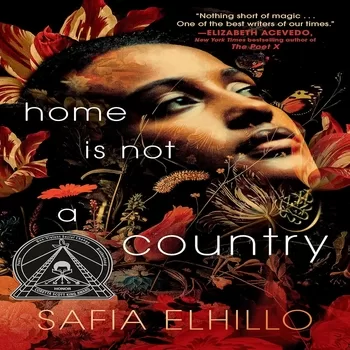

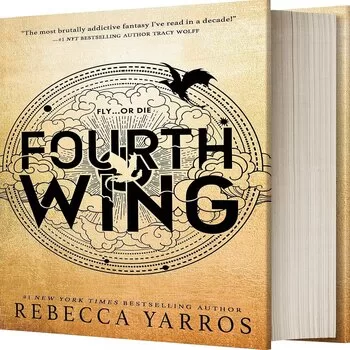

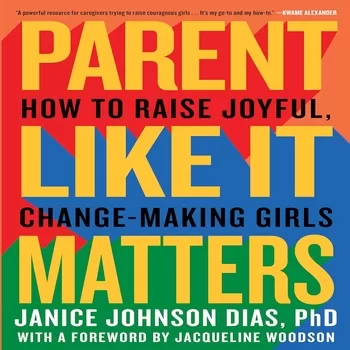





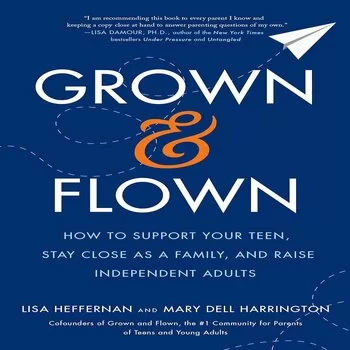
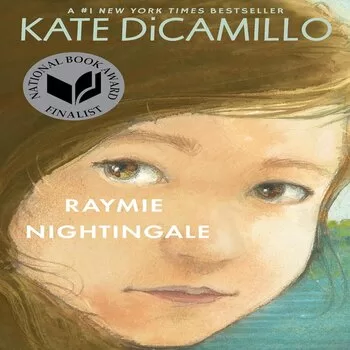





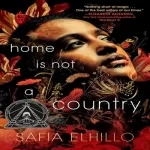
Reviews
There are no reviews yet.